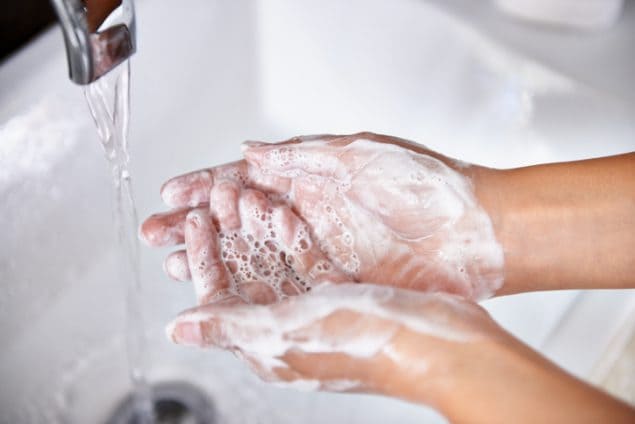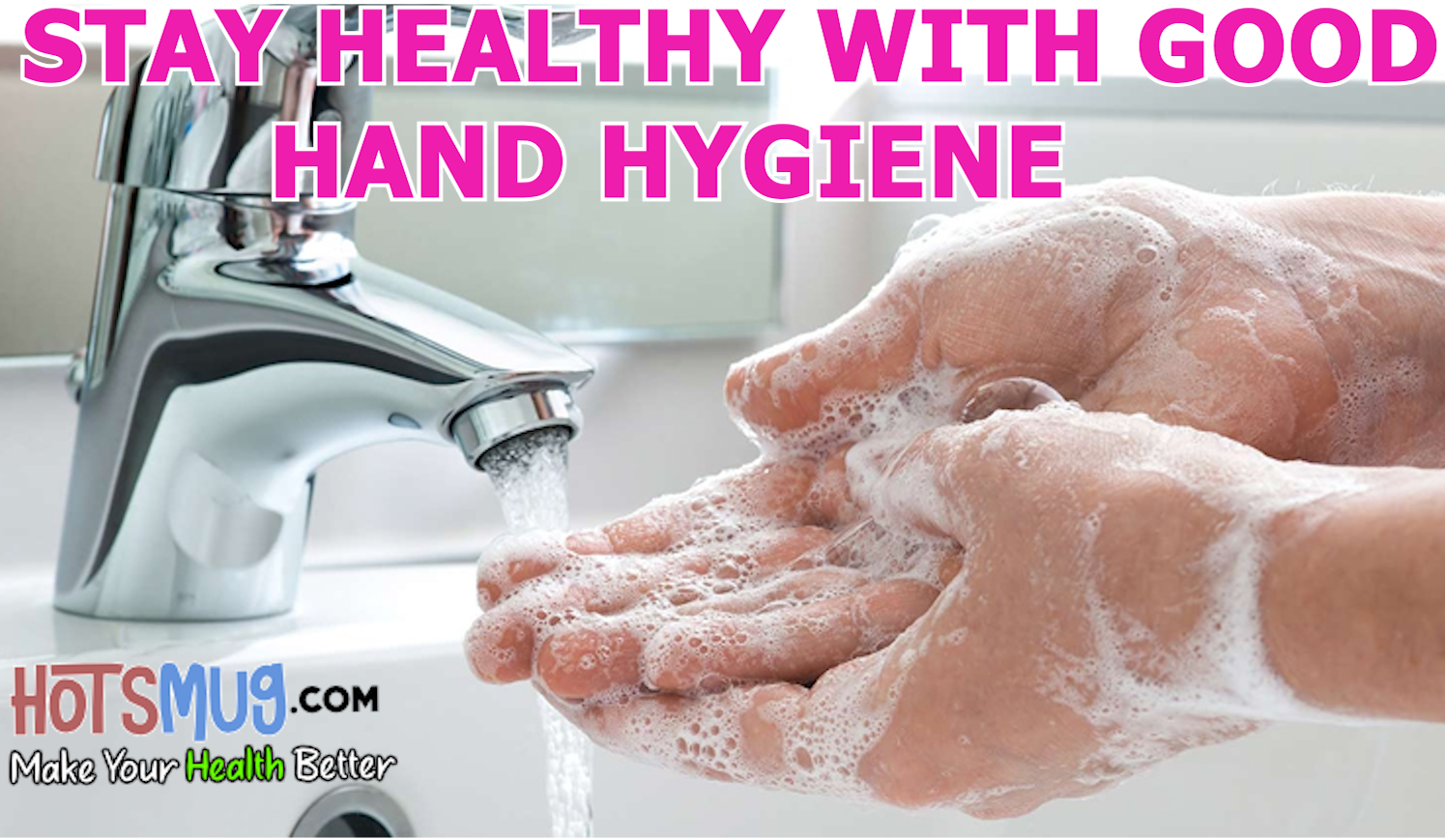Keeping Hands Clean

Handwashing is one of the best ways to protect yourself and your family from getting sick. Learn when and how you should wash your hands to stay healthy.
How Germs Spread
Washing hands can keep you healthy and prevent the spread of r and diarrheal infections from one person to the next. Germs can spread from other people or surfaces when you:
- Touch your eyes, nose, and mouth with unwashed hands
- Prepare or eat food and drinks with unwashed hands
- Touch a contaminated surface or objects
- Blow your nose, cough, or sneeze into hands and then touch other people’s hands or common objects
Key Times to Wash Hands
You can help yourself and your loved ones stay healthy by washing your hands often, especially during these key times when you are likely to get and spread germs:
- Before, during, and after preparing food
- Before and after eating food
- Before and after caring for someone at home who is sick with vomiting or diarrhea
- Before and after treating a cut or wound
- After using the toilet
- After changing diapers or cleaning up a child who has used the toilet
- After blowing your nose, coughing, or sneezing
- After touching an animal, animal feed, or animal waste
- After handling pet food or pet treats
- After touching garbage
The guidance for the list of key times to wash hands was developed based on data from a number of studies. There can also be other times when it is important to wash hands.
Do I need to use antibacterial soap to wash my hands?
No, not at all, says the U.S. Food and Drug Administration (FDA). The FDA says there is no proof that using consumer-labeled “antibacterial” soap is better at preventing illness than ordinary soap and water. Actually all soap is antibacterial. And because germs you are exposed to include viruses, it makes even less sense to worry about “antibacterial” labeled soap.
When can I or should I use alcohol-based hand sanitizers?
The Centers for Disease Control recommends washing your hands with soap and water whenever possible to reduce the amounts and types of all germs and chemicals on your hands. However, if soap and water are not available, use an alcohol-based hand sanitizer that contains at least 60% alcohol. Hand sanitizers with lower alcohol levels are not as effective in killing germs.
Soap and water are more effective than hand sanitizers in removing certain germs from your hands. Alcohol-based hand sanitizers can actually kill certain types of germs – but not all germs – and in those cases, you need to use soap and water.
Alcohol-based hand sanitizers:
- May not work well if your hands are heavily soiled or greasy.
- May not remove chemicals like pesticides and heavy metals.
- Can be harmful if swallowed.
- Have to be used as instructed to be fully effective.
To use an alcohol-based hand sanitizer, squeeze the sanitizer into the palm of one hand (read the product label to learn the proper amount), rub your hands together, including the back of your hands and fingers. Continue rubbing until your hands are dry.
One final note: Alcohol rubs are better and easier for young children to use because they lack the coordination for good hand washing techniques. Only use alcohol-based hand sanitizers under adult supervision and keep these products out of your child’s reach.
What’s the Best Way to Wash Hands?
Here’s how to scrub those germs away. Teach this to your kids — or better yet, wash your hands together often so they learn how important this good habit is:
- Wet your hands with clean, running water (warm or cold). Make sure the water isn’t too hot for little hands.
- Use soap and lather up for about 20 seconds. Antibacterial soap isn’t a must — any soap will do.
- Make sure you get in between your fingers, on the backs of hands, and under the nails where germs like to hang out. And don’t forget the wrists!
- Rinse and dry well with a clean towel.
Are there any dangers from washing my hands too often?
If you have a lot of cracks in the skin on your hands or have dry or chapped hands, be careful about how often you wash your hands or use alcohol-based hand sanitizers (which can further dry out your skin). Washing your hands too often or using these hand sanitizers strips your hands of healthy oils and the good bacteria needed to fight off germs. Germs can also more easily enter your body through skin that is not intact. To combat this condition, apply a moisturizing hand cream or lotion to damp hands.
Signs you’re overwashing your hands include red or raw skin, itching or flaky skin and pain. Check with your healthcare provider if you have any concerns you may be overwashing your hands.
Remember: Hand washing is a simple, effective way to fight off infections and keep yourself healthy. It’s easy to do, inexpensive and only takes 20 seconds of your time. In fact, it’s the best 20 seconds you can spend on your health – and the health of others around you.




